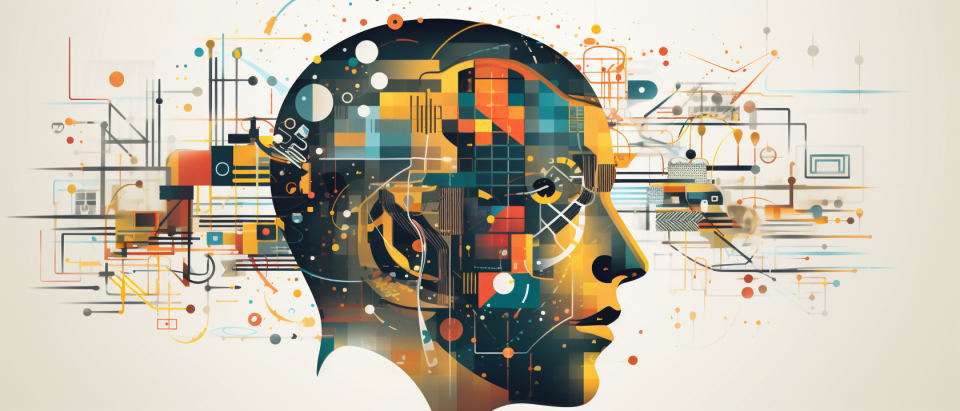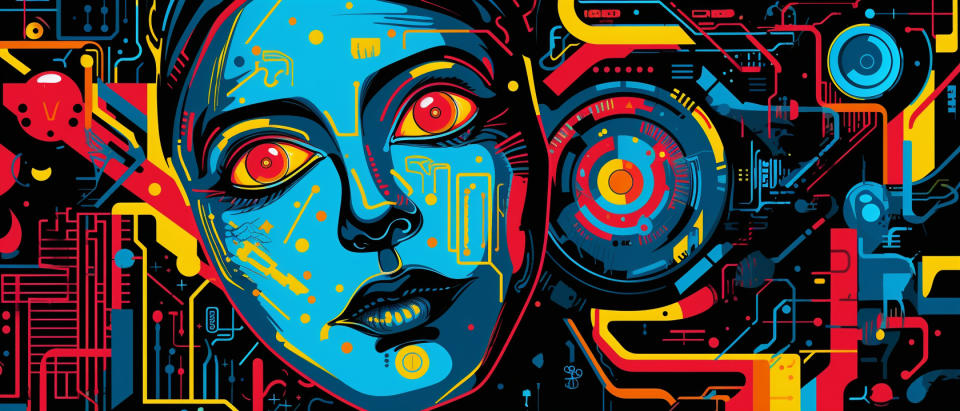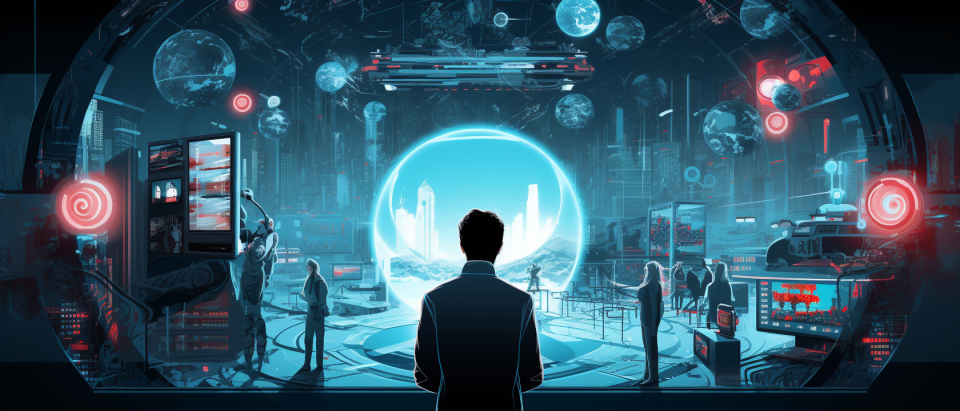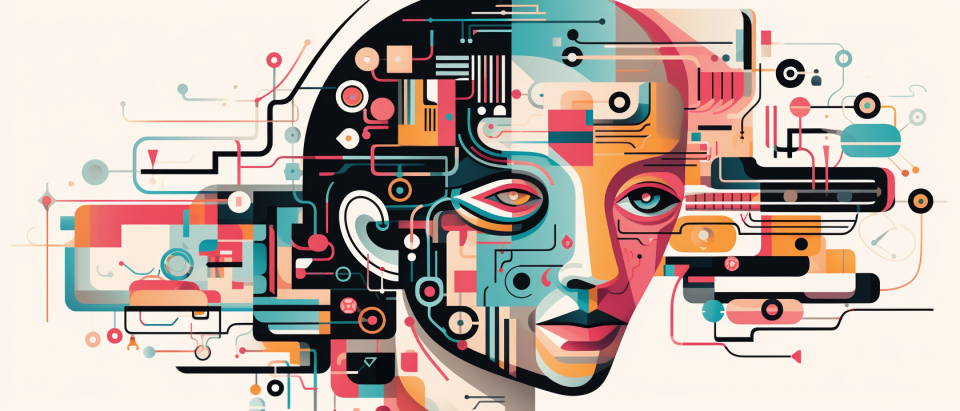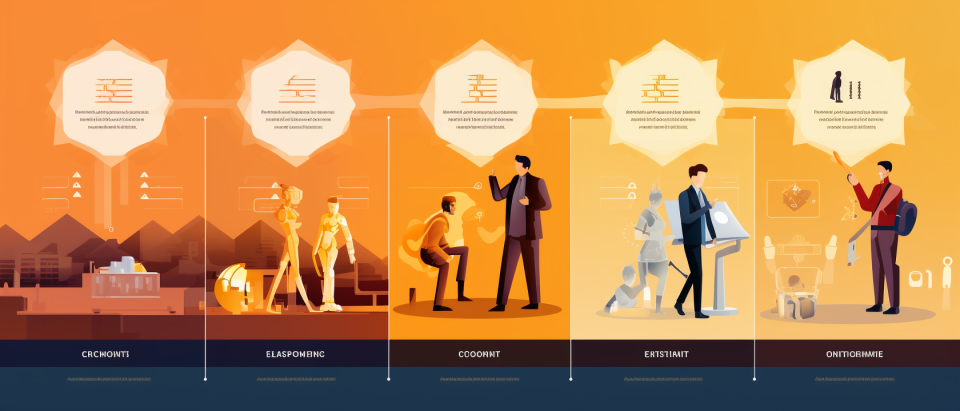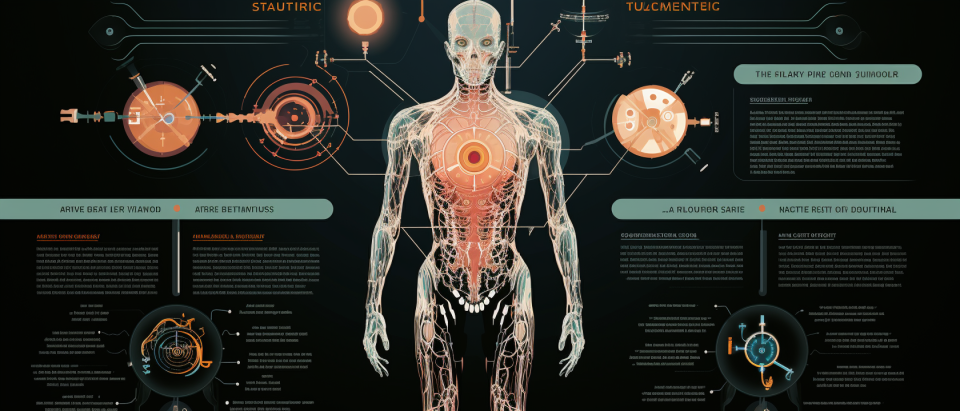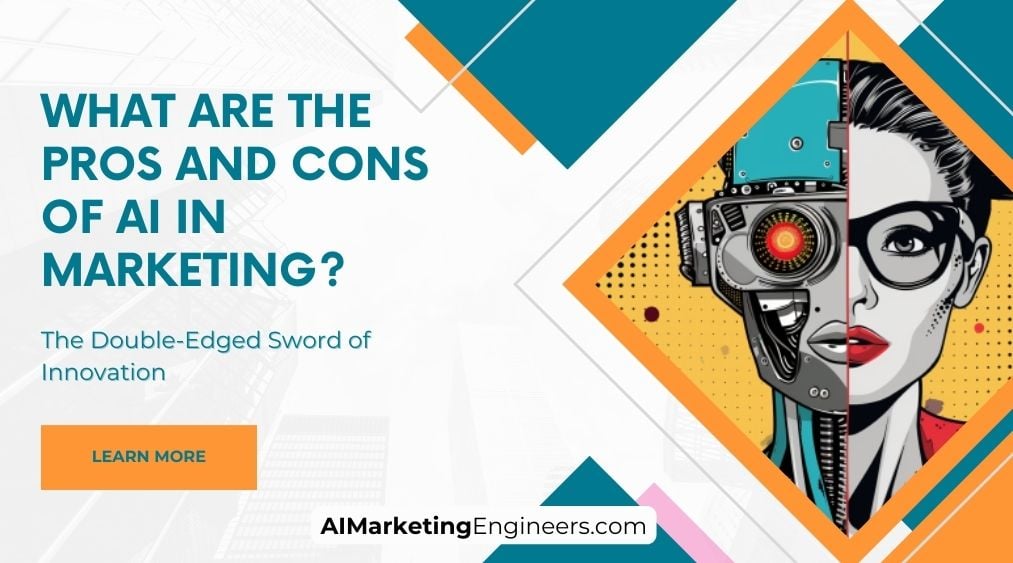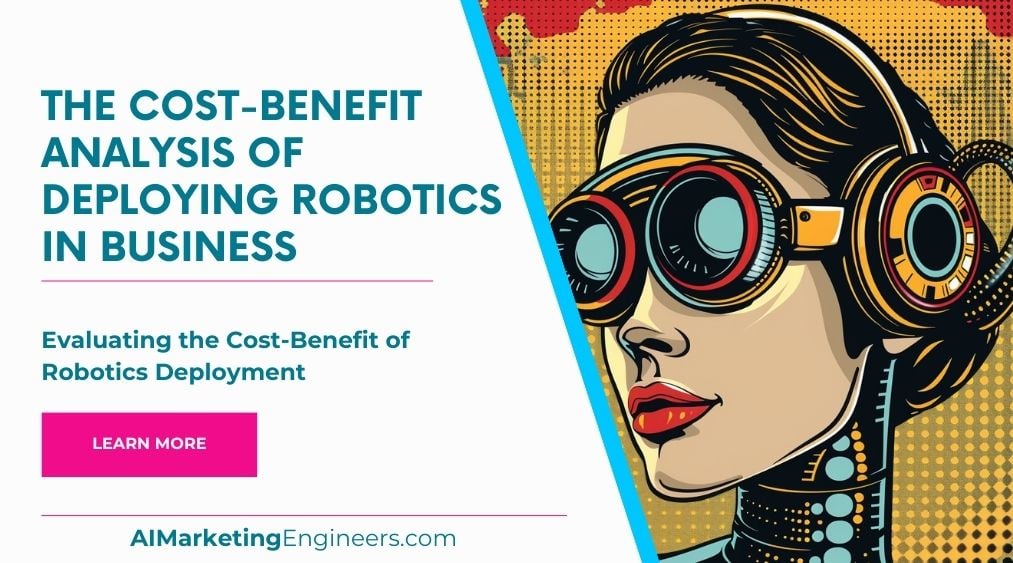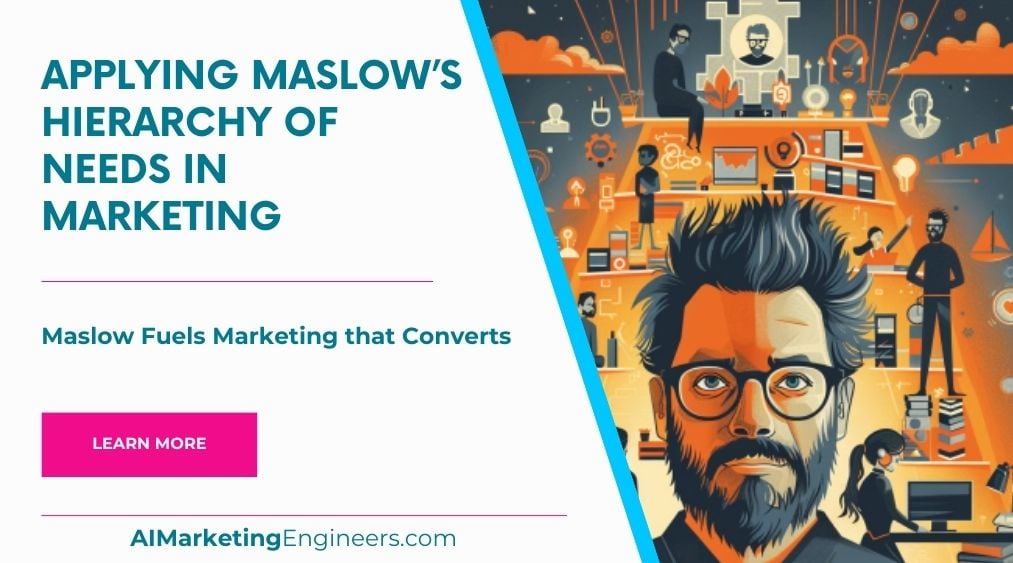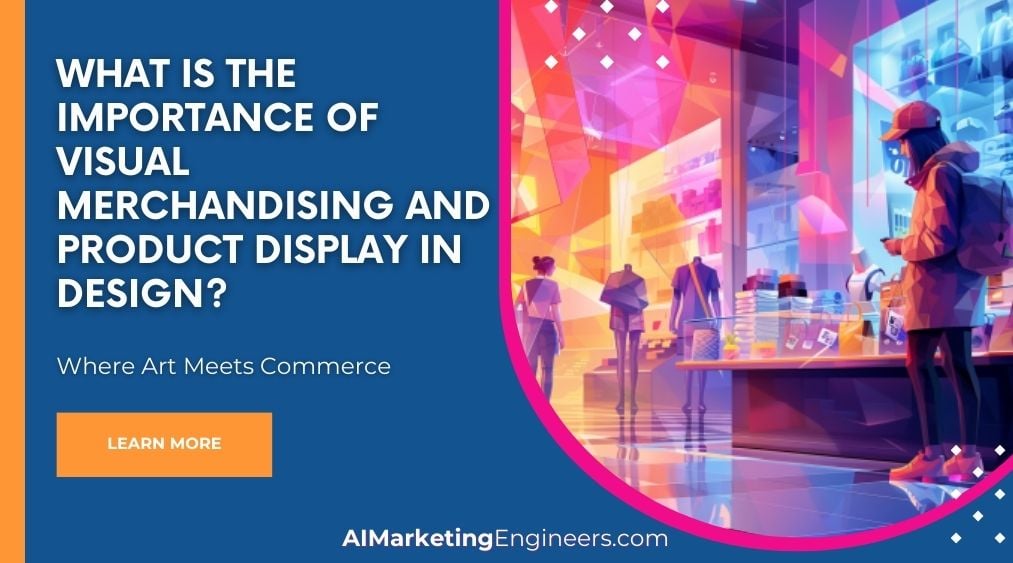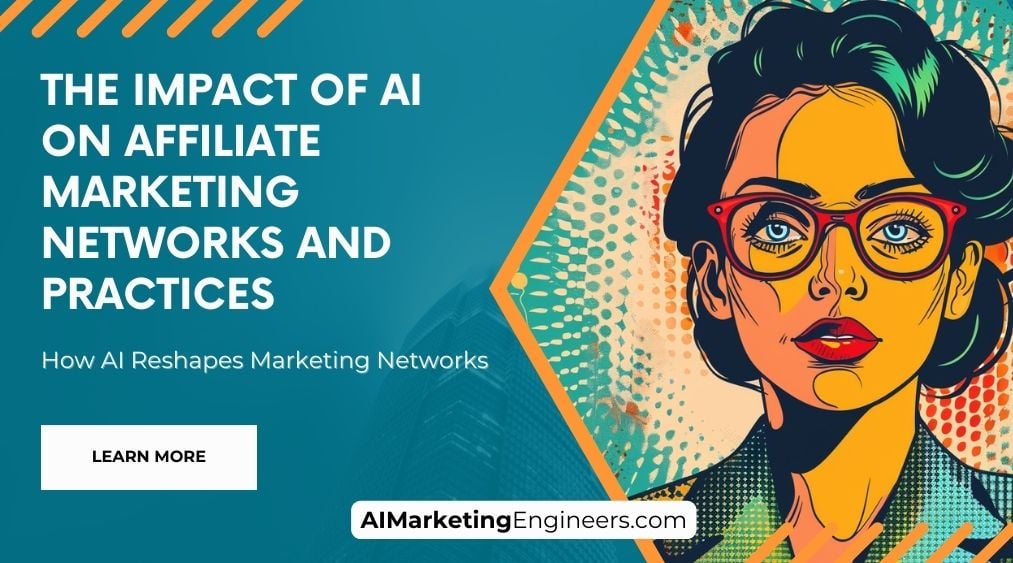Key Takeaways
✅ Inherent Biases and Control: AI systems reflect the ethical and value-based biases of their creators and are programmed to serve specific interests, often lacking the capacity for independent moral judgment.
✅ Risk to Humanity and Evolutionary Bottlenecks: The development of ultra-intelligent AI without self-awareness or intuition may not only limit its ability to relate to humans but also poses existential risks that we may be unprepared to manage or moderate.
✅ Social and Security Implications: The societal impact of AI, particularly in terms of job displacement and the threat to personal security and privacy, raises urgent concerns for the future of employment, social stability, and the protection of individual data.

Introduction
Artificial intelligence: it's the buzzword resonating through every corner of the tech world, sparking visions of a future where machines tackle tasks with human-like finesse. This notion comes with a promise to overhaul our daily lives, redefine our work, and reshape our intellectual horizons. Yet, beneath the glossy sheen of AI's endless possibilities lies a shadowy layer of complexity. Before we leap forward, embracing this transformative force, it’s crucial to pause and ponder over the flip side—an exploration that unveils five compelling disadvantages of AI.
From the troubling echo of its programmers' biases to the existential risks posed by ultra-intelligent entities; from an absence of human intuition that eludes its cold logic to the looming specter of job displacement, and the prickly thorns of security and privacy dangers: these facets of AI warrant a careful, critical eye.
Join us as we delve into the nuanced realm where AI's glittering promises intersect with its less-discussed perils, and why recognizing these pitfalls is as vital as celebrating AI's triumphs.
Disadvantages of Artificial Intelligence
Artificial Intelligence (AI) has its set of disadvantages despite its numerous advantages. One major drawback is the high cost associated with developing and maintaining AI systems, which includes expenses for hardware, software, and hiring specialized talent. This financial burden can be particularly challenging for smaller organizations, limiting their ability to leverage AI's benefits.
Another significant disadvantage is the risk of over-reliance on AI, where excessive dependence on automated systems can lead to a decline in human skills and critical thinking abilities. Moreover, AI's decision-making process can sometimes be opaque, known as the "black box" problem, making it difficult to understand how certain conclusions are reached.
AI Subordination and Ethical Concerns
The rise of AI has brought forward concerns about AI subordination and ethical implications. The possibility of AI systems becoming autonomous and uncontrollable raises questions about their subordination to human authority and ethical guidelines. The development of AI also poses ethical dilemmas regarding privacy, consent, and the moral responsibility of AI decisions.
Addressing these ethical concerns requires establishing clear guidelines and regulatory frameworks for AI development and use. It's essential to involve diverse stakeholders, including ethicists, policymakers, and the public, in discussions about AI's ethical implications.
The Threat of Ultra-Intelligent Machines
The concept of ultra-intelligent machines surpassing human intelligence poses a significant threat and raises concerns about their potential impact on society. Ensuring that these machines remain aligned with human goals and values is crucial to prevent existential risks.
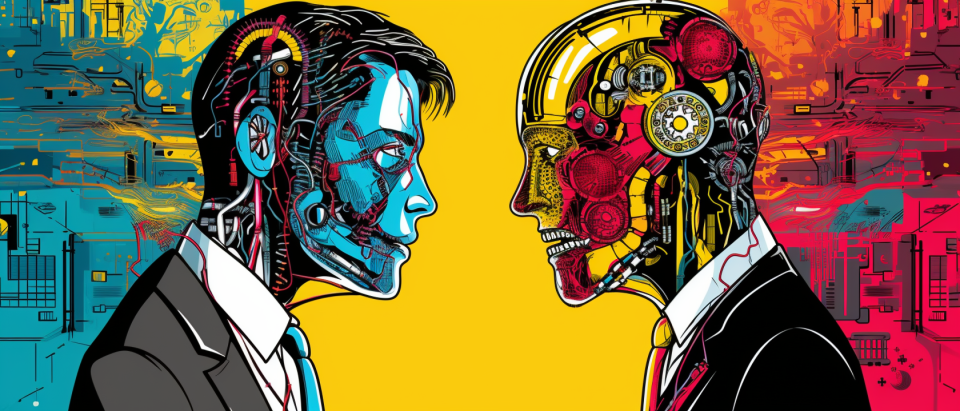
Establishing robust safety and control mechanisms is essential to ensure that these machines act in ways that are beneficial to humanity. Collaboration among scientists, technologists, and policymakers is necessary to develop strategies for managing the potential risks associated with ultra-intelligent machines.
AI's Lack of Human Intuition
One of the limitations of AI is its lack of human intuition and emotional understanding. AI systems can analyze data and identify patterns, but they struggle to replicate the nuanced decision-making and empathetic responses that come naturally to humans.
To address this limitation, researchers are exploring ways to enhance AI's emotional intelligence and integrate more human-like qualities into AI systems.
Job Displacement Risks
The rise of AI and automation poses significant job displacement risks, as machines increasingly perform tasks traditionally done by humans. The fear of widespread unemployment due to automation is a growing concern, particularly in industries like manufacturing, transportation, and retail.
Addressing job displacement risks requires proactive measures such as reskilling and upskilling programs, social safety nets, and policies that promote job creation in new sectors. Encouraging collaboration between governments, businesses, and educational institutions is essential to prepare the workforce for the future job market and ensure that the benefits of AI and automation are shared across society.
Security and Privacy Vulnerabilities
The increasing use of AI in processing and analyzing sensitive information raises concerns about protecting personal data and ensuring privacy. Implementing robust security measures and adhering to strict data protection regulations is essential to safeguard against potential threats.
Regularly updating security protocols, conducting thorough risk assessments, and fostering a culture of privacy and security within organizations are key steps to address these vulnerabilities. Ensuring that AI systems are designed with security and privacy in mind from the outset can help prevent potential issues and maintain trust in AI applications.
AI Marketing Engineers Recommendation
In embracing AI for marketing, analytics, and other business operations, it's crucial to remain cognizant of its potential disadvantages. Here are five significant drawbacks to consider:
1. High Initial Investment Costs
Building, implementing, and maintaining AI systems often requires significant initial investment in both technology and skilled human resources. Businesses need to invest in cutting-edge hardware and software, as well as personnel with the expertise to develop and manage these systems effectively. According to reports, the global spending on AI systems is expected to hit billions of dollars, which may not be feasible for smaller businesses.
2. Risk of Data Privacy and Security
AI systems are typically data-centric, relying on vast amounts of data to 'learn' and improve. This raises significant concerns around data privacy and protection, especially when handling sensitive customer information. Moreover, AI systems can become targets for cyberattacks, leading to potential data breaches. As per the GDPR and other privacy laws, companies are under stringent obligations to protect user data, which becomes increasingly challenging as the complexity of AI and the volume of data it processes grow.
3. Skill Gap and Dependence on AI Talent
There is currently a global shortage of professionals who specialize in AI and machine learning, which creates a dependency on a limited talent pool. This can slow down AI initiatives and inflate salaries for qualified individuals, making these projects less accessible to smaller companies or startups. Finding and retaining the right talent remains a key challenge, as shown by numerous industry surveys.
4. Potential for Bias and Ethical Concerns
AI algorithms can inadvertently learn and propagate biases that exist within the training data it is provided with. This can lead to unfair or unethical decision-making that affects customer experiences and brand reputation. For instance, instances of racial or gender bias in AI applications have been widely reported and criticized, pressing organizations to reconsider the ethics of their AI implementations.
5. Unpredictability and Lack of Creativity
While AI can handle vast amounts of data more efficiently than humans, it sometimes fails to replicate the unique creative and strategic problem-solving abilities that human marketers bring to the table. This becomes particularly evident in areas that require nuanced understanding and emotional intelligence, such as crafting compelling narratives or understanding subtle cultural nuances that can affect consumer behavior. AI's ability to deal with unpredictability is still a work in progress, which can lead to suboptimal outcomes where human intuition and creativity are critical.
In summary, while AI can bring substantial benefits to marketing and analytics, these potential disadvantages should be carefully assessed and managed. A thorough consideration of ethical implications, investment in cybersecurity, ongoing training to address talent gaps, and maintaining a balanced human-centric approach can mitigate risks and allow organizations to leverage AI's strengths effectively.
Conclusion
Artificial Intelligence (AI) indeed stands as a breakthrough that promises to usher in a new era in technology and automation. With aspirations to transform countless facets of our daily lives, from mundane tasks to complex decision-making, AI presents itself as a beacon of progress. However, the path to integrating AI into our societal fabric is fraught with significant challenges and implications.
The dark side of this promising horizon is the promotion of AI as an entity subjugated to its creators' intentions, filled with their biases and ethical constructs, thus lacking true autonomy. Adding to this concern is the unsettling prospect of ultra-intelligent machines that could surpass human intelligence, yet without the essential self-awareness or the evolutionary tools to recognize or rectify potential crises they may trigger.
The absence of human-like intuition in AI systems poses a stark limitation to their reasoning and emotional understanding, which are intrinsic to the human experience. Furthermore, the potential for massive job displacement looms as a formidable social and economic upheaval, casting a shadow on the growing dependency on AI-driven efficiencies across industries. Compounding these disadvantages is the heightened vulnerability to security and privacy breaches—an alarming risk given the expansive data AI systems harness to function and evolve.
As we charge toward what seems like an inevitable AI-augmented future, we cannot ignore the complexity and gravity of these disadvantages. It is both a caution and a call to ethics for researchers, developers, and policymakers alike—to advance AI with a conscientious framing that safeguards humanity's collective welfare and preserves the essence of our human experience.
FAQs
Question 1: What are the limitations of AI in terms of creativity?
Answer: AI lacks the ability to think outside the box and come up with novel solutions, which can limit its usefulness in certain tasks.
Question 2: How does lack of common sense affect AI systems?
Answer: Many AI systems lack the ability to understand common sense concepts, which can lead to errors and poor decision-making.
Question 3: What is minority label bias in AI?
Answer: AI systems can be trained on biased data, leading them to reproduce the same biases in their decisions.
Question 4: What ethical considerations arise with the use of AI?
Answer: The use of AI raises important ethical questions around privacy, fairness, and transparency in decision-making.
Question 5: Why is data quality important for AI systems?
Answer: AI systems rely heavily on the quality and quantity of data they are trained on. Bad data can lead to poor performance and biased results.

